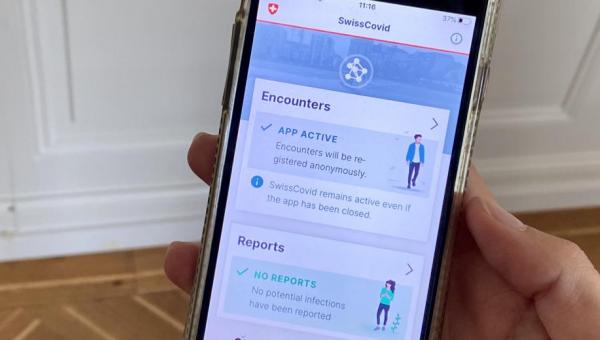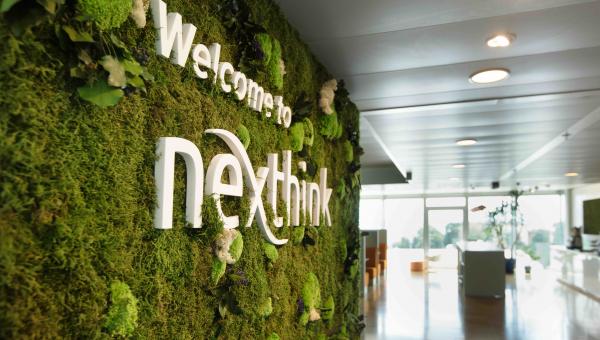Inclusive writing in real time

Editors and copywriters often unconsciously use terms that exclude or offend certain groups of people. To avoid this, a Swiss start-up has developed a correction aid that recognises such terms in real time.
A report by McKinsey from 2020 shows that the diversity of management teams is positively correlated with companies' financial performance. According to the report, companies with a particularly high quota of women outperform companies with fewer women in management. The difference is even greater in companies that are more ethnically and culturally diverse.
Inclusion and diversity start with language
The Zurich-based start-up Witty Works was founded 2018 by Nadia Fischer and Kahwe Smith in order to help companies ensure that their communication is inclusive. Their solution works like an automatic spelling correction: once installed as an add-on on an internet browser, the software uses artificial intelligence and computational linguistics to automatically check whether a text contains stereotypical terms. If this is the case, it suggests more inclusive alternatives.

More than just gendering
Inclusive language is involves more than gender mainstreaming. The programme therefore identifies not only gender-based discriminatory language, but also language that discriminates in terms of ethnic background, skin colour, sexual identity and orientation, physical and mental abilities, age, socio-economic differences or religious beliefs.
Let's consider an example. Until recently, the use of the term 'blacklisted' to describe a rejection would have raised few eyebrows. In a world where people are described as black or white based on their skin tone, using the word 'black' with a negative association can send an unwanted unconscious signal.
A new framework of inclusive language
Witty Works developed a completely new framework of inclusive language to define what kind of words are analysed. It is based on information from studies conducted by recognised universities in the fields of linguistics, psychology, and behavioural economics. Organisations specialising in the linguistic implications of diversity, as well as numerous Witty Works users, also provided valuable information.
Non-inclusive content is classified into five main categories:
Obvious discrimination
Unconscious bias / stereotypes / stigmatisation
Style
Gendered language
Inclusive language
Witty Works is currently available in English and German. For private individuals, use is free of charge. Thanks to a recent release, a team can customise the rules for inclusive language, making it possible for members to write with the same brand voice.




